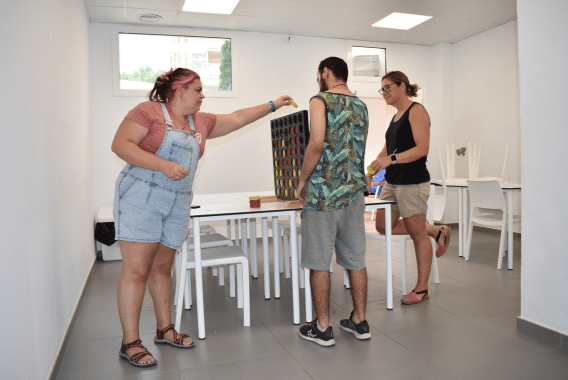A cornerstone of person-centred care is the coordination between relevant organisations, services, and sectors to ensure the needs of people are met. This Award honours cooperative relationships between different levels of government, public agencies, services, third and private sector organisations that have led to the provision of person-centred care.
The Sharing Factory
Organisation: Public Centre for Social Welfare Kortrijk
Country: Belgium
Website: https://www.kortrijk.be/deelfabriek
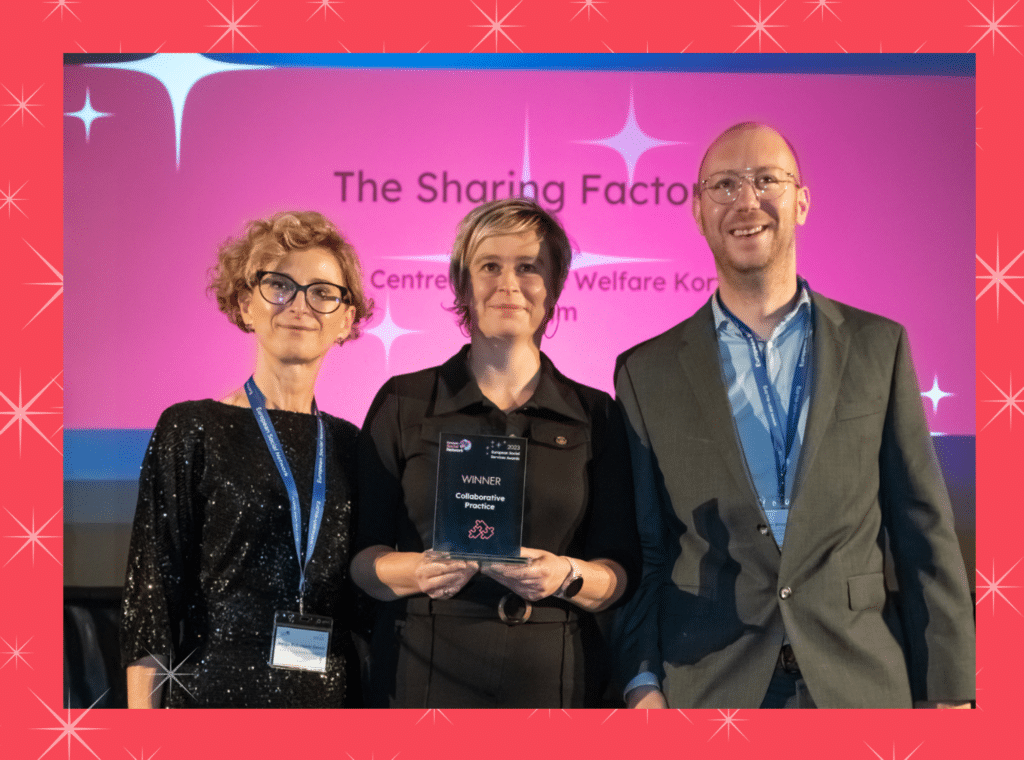
The Sharing Factory is a social and ecological shopping centre that promotes sharing as an alternative to ownership within the concept of the circular economy. A collaboration between government agencies, third-sector organisations and volunteers, the Sharing Factory hosts multiple shops offering items for shared and temporary use, such as clothing, household appliances, and bikes.
As the Sharing Factory is open to the public, it provides short- and long-term social support in a non-stigmatising environment. Supported families that come for material aid are connected to a community case manager, who directs them towards additional assistance based on the goals, values and preferences of the family. This may involve exploring and granting unused rights and benefits, support to find (more) suitable housing, a job, or health and social care.
BRUS: A Collaboration to Support Children and Youth at Risk
Organisation: The BRUS Partnership – The Cities of Aarhus, Randers, Herning, Hedensted, Skanderborg, Ikast-Brande, Norddjurs, Samsoe, Syddjurs, Skive, Odder, and Centre for Digital Youth Care
Country: Denmark
Website: https://ungbrus.dk/
BRUS offers support to children and young people growing up in families with alcohol or drug problems by providing counselling centred around their specific needs, goals, and preferences. The partnership brings together 11 municipalities and the NGO, Centre for Digital Youth Care, and engages a broad variety of professional stakeholders from the public sector, as well as volunteers who can provide person-centred and multifaceted support. The children and young people can benefit from a variety of face-to-face sessions and anonymous digital counselling, which is particularly useful for those who find it difficult to reach out for help. BRUS has reached over 2,800 children and youth through the face-to-face sessions and has had more than 1,600 visitors for digital counselling.
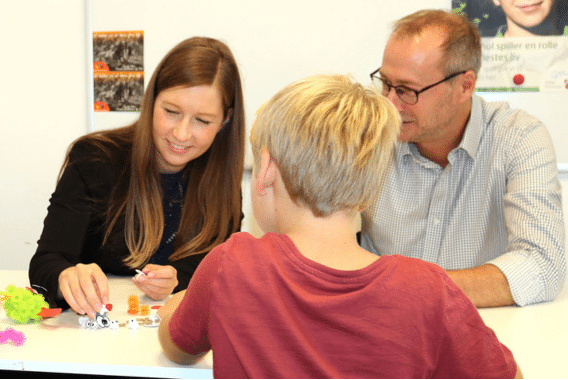
Community Engagement in Supporting Ukrainian Refugees
Organisation: City of Warsaw
Country: Poland
Website: https://en.um.warszawa.pl/

The arrival of Ukrainian refugees posed an immense social challenge for the City of Warsaw, demanding the coordination of different forms of assistance and the delivery of comprehensive, specialist, and individualised support. The City of Warsaw has risen to meet these challenges through the remarkable engagement of its society and NGOs, enabling the city to implement swift, professionally executed, and accessible aid programmes tailored to individual needs. The approach carefully balances the capacities of local hosts with refugees’ requirements. The outcomes are remarkable, with 57,000 working-age individuals registered three months after the conflict, reduced to 1,179 by April 2023, and over 35% of them securing employment, illustrating the positive impact of the city’s concerted efforts in addressing this complex social issue.
CONET: Collaborative Network of Welfare
Organisation: Reykjanesbaer
Country: Iceland
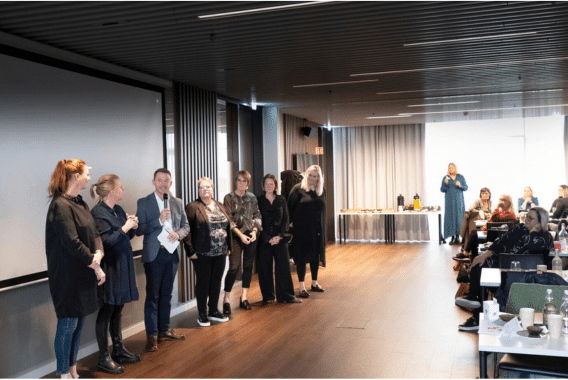
CONET is a holistic collaboration project to improve citizens’ quality of life and well-being in the Sudurnes region. Information on available public and community services, such as to support job market integration and social inclusion, are often not easily accessible. CONET seeks to improve access to information and basic services by developing person-centred front-line services and building up citizens’ self-sufficiency. Service providers are trained to be more person-oriented and deliver outcomes for people to live autonomously. CONET also facilitates communication across sectors and government agencies through monthly get-togethers to ensure continuous improvements in responding to citizens’ needs. Citizens are being trained to be self-sufficient in information gathering and service seeking through digital platforms.
Domestic Violence Services
Organisation: Foundation for Social Welfare Services
Country: Malta
Website: EN Home Page (gov.mt)
Domestic Violence Services aim to protect adult victims and their children from domestic violence and work with perpetrators promote a zero-tolerance approach towards violence within families. This mission is achieved by assisting victims at the time of crisis, by providing them with prompt aid to meet their immediate needs, carrying out a risk assessment with the victim, helping them develop a safety plan, as well as providing ongoing support, including accommodation in a shelter (the first of its kind in Malta). At the core of the Domestic Violence Services is the commitment to person-centred care, where the values, cultures, beliefs, preferences, and unique needs of supported persons are placed at the forefront. In 2022, Domestic Violence Services collaborated with 2,276 individuals to fulfil this vital mission.
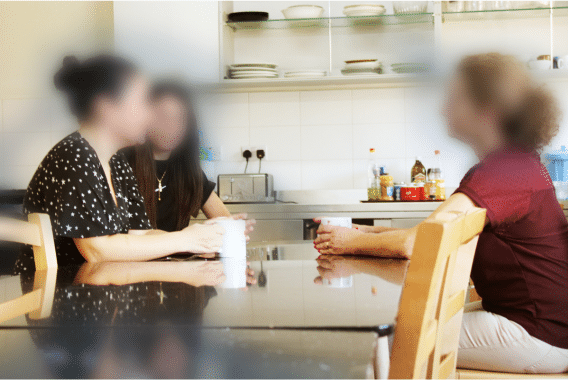
FACT – an Ecosystem of Care for People with Extensive and Changing Needs
Organisation: Lund Municipality
Country: Sweden
Website: https://lund.se/

Individuals with severe psychiatric difficulties often receive fragmented support from health and social care services. To address ensure care continuity, comprehensiveness, and participation in the supply of care, Flexible Assertive Community Treatment (FACT) was introduced to deliver care and interventions in an integrated manner within health and social care services in several Swedish municipalities. FACT is a work model that allows the psychiatric team to organise care and support efforts in a flexible and individual- centred way. It also encourages collaboration between the patient and important partners such as relatives, social services and other care agencies. By involving all parties and by allowing the patient’s needs to control the intensity of support efforts, the patient can be a co-creator of their own care. All 8 municipalities involved in the project have now received formal training in FACT.
L-INC Independent Living Agency
Organisation: IPIS ” insieme per il sociale” consortium company
Country: Italy
Website: http://www.agenzialinc.it
The existing social services framework for people with disabilities primarily relies on standardised approaches, limiting the potential for tailored solutions. L-INC aims to overcome this challenge by transitioning towards an alternative approach centred on personalised design. The overarching goal of this project is to uphold the fundamental rights of every person with disabilities, ensuring their autonomy and social integration on par with every other member of society. By creating inclusive opportunities for participation, L-INC aims to empower each person to exercise full control over their life choices, utilising the support and services available to all citizens. The L-INC project has received positive feedback from all stakeholders involved, both in terms of the achieved outcomes and the project’s management.
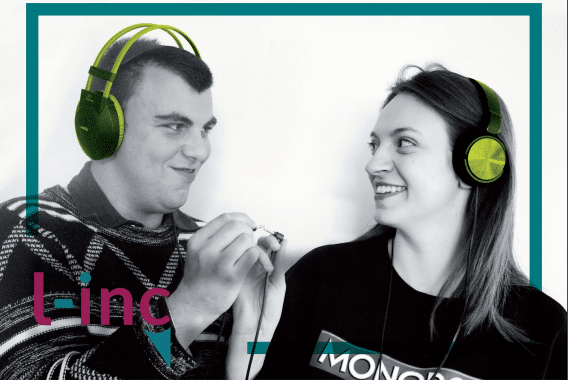
Open Space ‘Espai Obert’
Organisation: Support-Girona Foundation
Country: Spain
Open Space ‘Espai Obert’ is a community-based service providing essential support during the day to persons with psychosocial disabilities. Open Space aims to prevent institutionalisation of persons with disabilities by helping them access community resources. As a public-private cooperation, Open Space offers a wide range of activities such as shopping, laundry, health-related activities, as well as housing capacity building activities like applying for aids or benefits or find a suitable partner to live with. Persons are free to suggest improvements to the service and changes in how professionals deliver services, the pace and content of activities, or how they want to interact with the service. More than 250 persons have benefited from the service since its creation in 2017. 76% of users are living independently in their own home.
